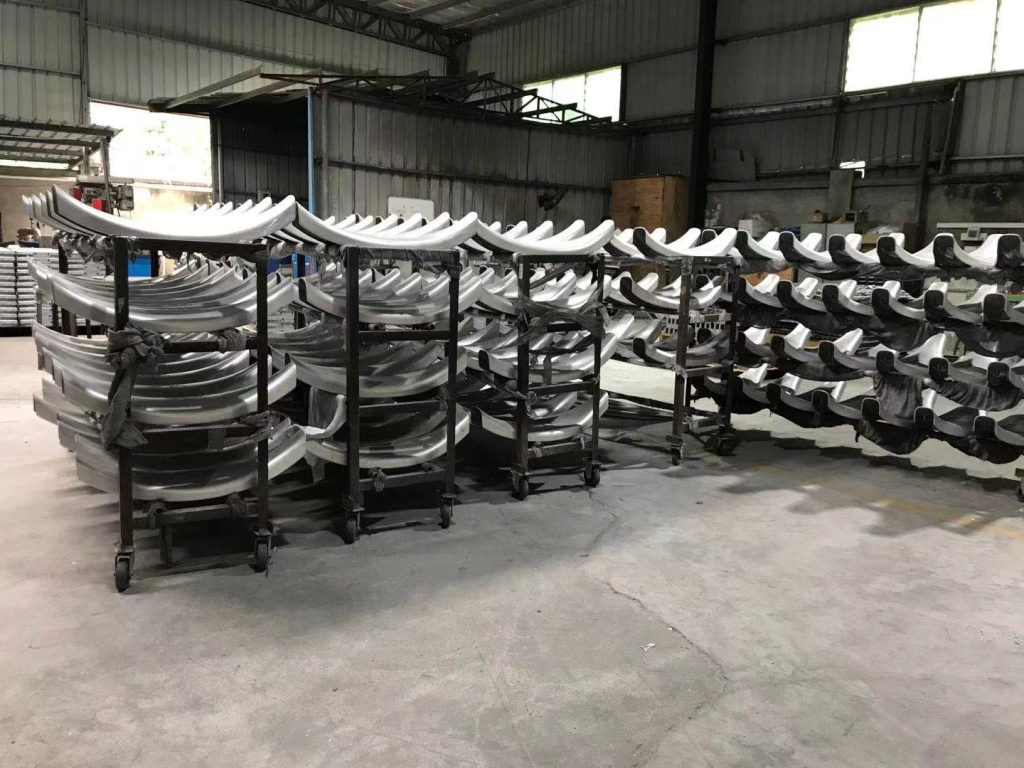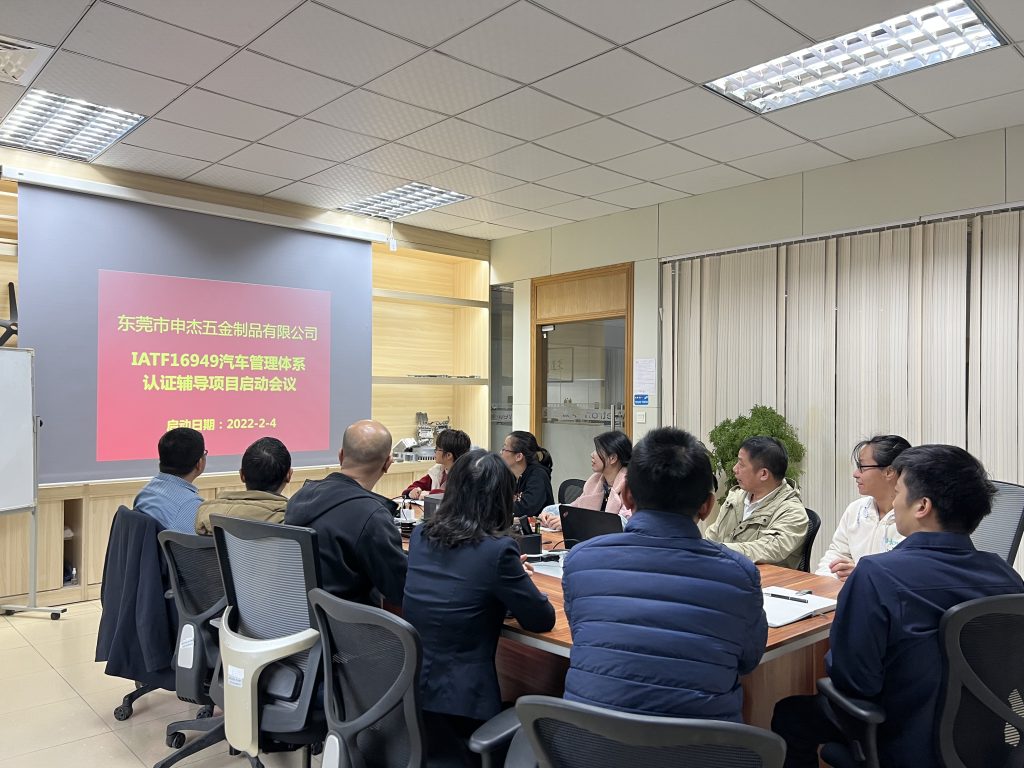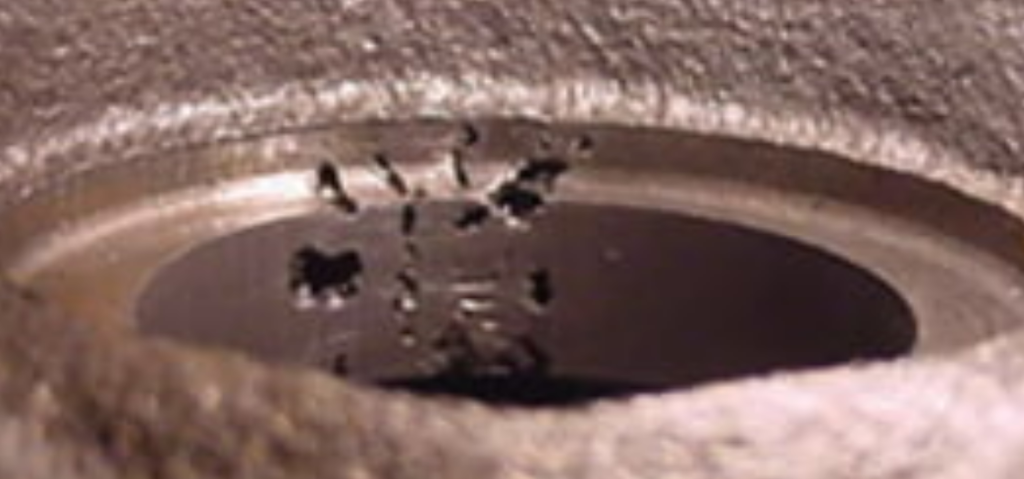Aluminum die casting is a popular manufacturing process used to produce high quality and complex parts with excellent dimensional accuracy. When it comes to selecting the appropriate material for your aluminum die casting parts, several factors need to be considered. This article aims to provide a comprehensive guide for material selection, taking into account mechanical properties, cost-effectiveness, and specific application requirements. Mechanical Properties: The mechanical properties of the material play a crucial role in determining the performance and functionality of the die-cast parts. Key factors to consider:1. Strength: Evaluate the required strength of the part in terms of tensile, yield, and impact strength. This will depend on the specific application and the load conditions the part will be subjected to. 2. Hardness: Consider the hardness requirements based on the intended use of the part. Hardness affects the wear resistance and durability of the part. 3. Ductility: Determine the level of ductility needed to ensure the part’s ability to withstand deformation without failure. This is particularly important for parts subjected to bending or forming processes. 4. Corrosion Resistance: Assess the material’s resistance to corrosion, especially if the part will be exposed to harsh environmental conditions or corrosive substances. Cost-effectiveness: In addition to mechanical properties, it is essential to consider the cost-effectiveness of the selected material. Factors to consider:1. Material Cost: Evaluate the material cost per unit weight or volume. Consider the availability and market price of different material options. 2. Production Efficiency: Assess the ease of manufacturing and processing the selected material. Certain materials may require specialized equipment or complex processing techniques, which can impact overall production costs. Specific Application Requirements: Consider the specific application requirements that may influence material selection. Factors to consider:1. Thermal Conductivity: If the part will be exposed to high temperatures or needs to dissipate heat effectively, choose a material with high thermal conductivity. 2. Electrical Conductivity: If the part requires electrical conductivity, select a material with appropriate electrical conductivity properties. 3. Surface Finish: Evaluate the desired surface finish of the part. Some materials may facilitate better finishing options, such as polishing or plating. Choosing the right material for your aluminum alloy die casting parts is a critical decision that requires careful consideration of mechanical properties, cost-effectiveness, and specific application requirements. To make ensure the production of high-quality aluminum alloy parts that meet your exact needs and specifications, Wetron can help for your latest die casting project.









